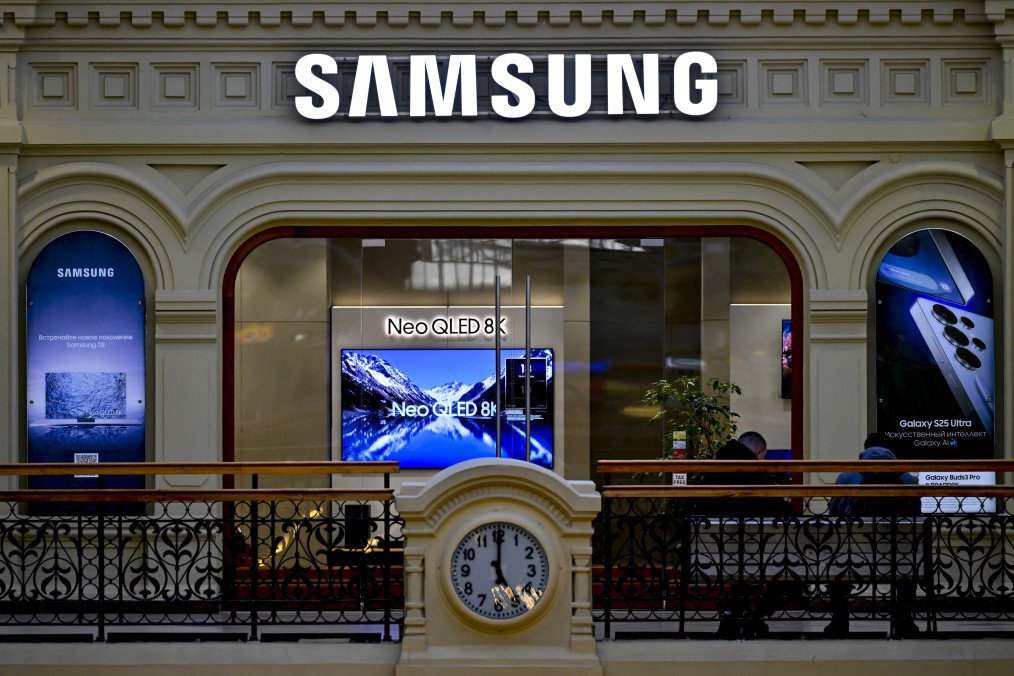- Category
- Latest news
Samsung Stops Buying Russian Gold, Tungsten, and Tantalum for Display Production

Samsung Display ceased sourcing critical raw materials—gold, tungsten, and tantalum—from Russia in 2024, according to company filings highlighted by Russian business outlet Kommersant on May 27.
The disclosure marks a sharp reversal from 2021 when the South Korean display maker sourced these materials from at least 11 Russian suppliers.
The latest filings omit any data on Russian-origin metals from 2022 and 2023, suggesting a deliberate shift away from Russian supply chains amid concerns over secondary sanctions related to the Kremlin’s full-scale war in Ukraine.
In 2021, Samsung Display reportedly received gold from multiple Russian refineries, including the Novosibirsk Refinery, UralElectroMed, Moscow Plant of Special Alloys, Krastsvetmet, Prioksky Non-Ferrous Metals Plant, and Shchyolkovo Plant. Tantalum came from the Solikamsk Magnesium Plant, and tungsten from companies such as Hydrometallurg, Unechsky Plant, and Moscow-based Moliren.
These metals are essential to high-end electronics manufacturing. Tungsten is used for internal chip wiring, tantalum acts as a barrier between silicon and copper within chips, and gold wire is commonly used for bonding microchips to their casings.
Samsung Display, a subsidiary of Samsung Electronics, manufactures displays used in a wide range of gadgets, including TVs, smartphones, and laptops. Its products are not only used in Samsung devices but also by other global tech firms, including Apple. Like Samsung, Apple halted the use of Russian-sourced materials after Russia invaded Ukraine.

The move away from Russian metals is “driven by the risk of secondary sanctions,” said Oleg Izumrudov, director of a consortium of Russian data storage system developers. He added that Samsung may still be acquiring Russian raw materials through intermediaries.
“This could either increase the final product cost by 2–5% due to longer supply chains through global entities or lower it by a similar margin if sourced directly by factories in China,” Izumrudov explained.
However, a source from the electronics manufacturing sector told Kommersant that Samsung’s shift appears to be a full withdrawal from Russian metals, not a re-routing of supply chains through Asia.
“For Russia, this is a clear signal that South Korean companies do not plan to return to the Russian market anytime soon,” the source said. “They’re interested in selling finished goods, but not in rebuilding deeper industrial cooperation.”
Earlier, reports emerged that South Korean firms Samsung, LG Electronics, and Hyundai were exploring a return to the Russian market.






-111f0e5095e02c02446ffed57bfb0ab1.jpeg)

-72b63a4e0c8c475ad81fe3eed3f63729.jpeg)